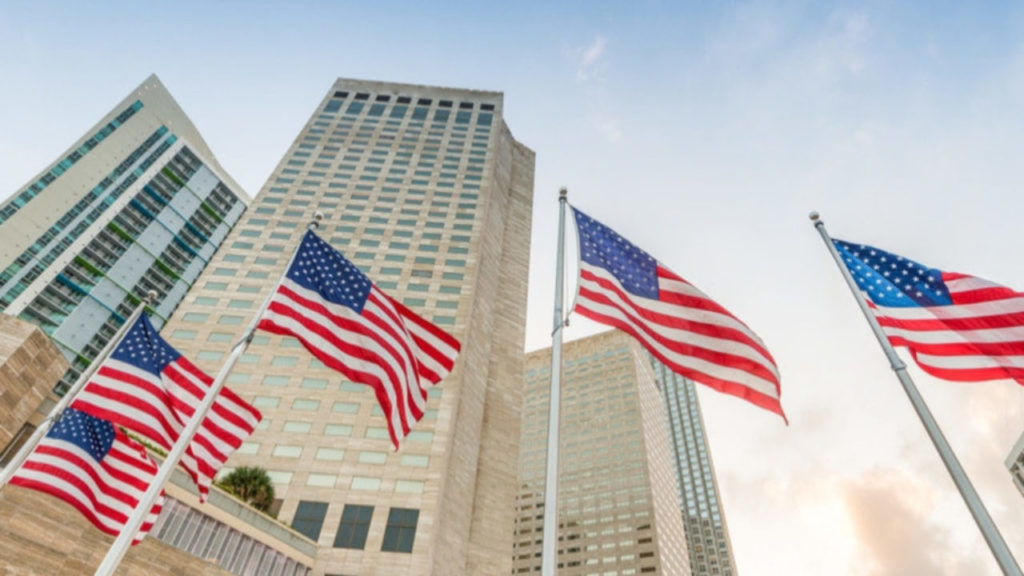US Govt Agency Wants To Delay H1B Salary Hike; Will It Help Indian H1B Employees?

On October 6, the Department of Labor issued an Interim Final Rule (IFR) about increasing the current wages documented to hire an H-1B visa employee.
As per the rule, DOL has considerably increased the wages for hiring H-1B visa workers by 40-50% at an average. For some cases, these wages have risen more than 80%.
This stunt, carried out by the (then) Trump administration makes it significantly more expensive for employers in the US to hire a talented foreign pool.
Now, a US government agency called the US Small Business Administration (SBA) has written to the DOL to delay the implementation process of this salary hike for H-1B employees, by a month’s time.
Let’s learn more about it.
Contents [hide]
What is the Wage Hike Rule by DOL?
According to the Interim Final Rule issued by the US government Department of Labor on October 6, salaries offered to H-1B visa holders were increased by upto 50% on average.
This means that employers in the US now will have to pay foreign-born professionals in H-1B status, more than they would pay to an equivalent position holder, if he/she is an American.
This way, the employers will be compelled to hire local employees.
SBA Asks DOL to Delay Implement by 30 Days
The US government agency, US Small Business Administration provides support to entrepreneurs and small businesses.
Seeing DOL’s rule of H-1B employees’ salary hike as a burden on small businesses and startups in the US to hire foreign talent, it has asked DOL to delay the implementation of the interim rule by 30 days.
In its letter addressed to the DOL (dated November 9), the SBA writes that the 1 month time period will give organisations enough time to share their views on the adverse effect the salary hike rule will have on their performance.
Tech analysts and attorneys are highly positive that this rule will affect American employers more than H-1B visa employees.
As this rule makes it extremely expensive to hire foreign talent, it has an immediate negative impact on the startup ecosystem and small businesses.
What Does the Letter Say?
As per the letter addressed by SBA to the DOL,
- DOL has not given enough justification for immediate implementation of the wage hike since its argument of protecting American jobs does not have enough basis.
- It further points out to increasing job openings for qualified workforce. As of October 2, there were 6.5 lakh job openings that required bachelor’s degree and above, a 4.7% increase compared to May 2020.
- Rather than helping companies thrive, the compliance cost for smaller businesses would increase by 3% of the total revenue in 2020-2021.
“Small businesses would be shut out of the H-1B visa program for new workers, making it difficult to innovate and grow their operations.”
Last month, a non-profit organisation of IT firms, ITServe Alliance filed a lawsuit in the New Jersey district court against the wage hike rule.
It said, “There is no basis for this IFR to be issued. It is going to drive hundreds of thousands of jobs to off-shore markets. Instead of helping with job creation and economic growth in the middle of pandemic and recession, these agencies are hurting the small businesses that are at the forefront of rebuilding the economy.”
How Does this Impact Indians?
.It has been no secret that of the 65,000 petitions granted to foreign H-1B holders every year, a major share goes to Indians.
These Indians employed in the US, are spread all over large and small sized companies and in startups too.
If this rule is implemented, US employers, especially startups and small businesses will forcefully have to employ US tallent, rather than going for cheap and talented foreign labour.
This will proportionally reduce the opportunities for Indian citizens to score a job in the US.

Comments are closed, but trackbacks and pingbacks are open.